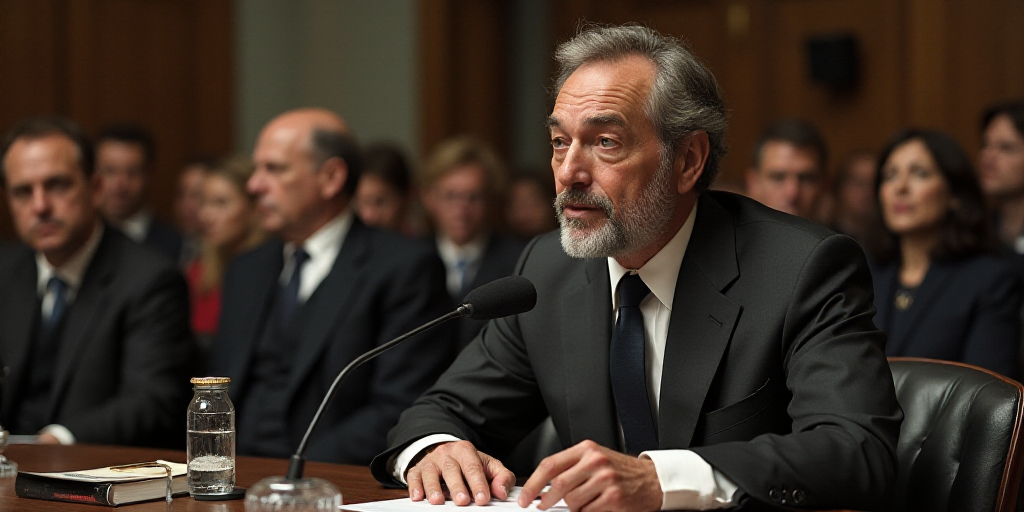Introduction to Mark Carney and His Role
Mark Carney, the current Prime Minister of Canada, has announced that his government will recognize Palestine as a sovereign state during the United Nations General Assembly in September.
Mark Carney, a well-known figure in global finance, served as the Governor of the Bank of England and the Governor of the Bank of Canada before taking office as Prime Minister in 2021. His extensive experience in international finance and economics has positioned him as a key figure in shaping Canada’s foreign policy.
Canada’s Recognition of Palestine
In a significant move, Canada plans to acknowledge Palestine’s sovereignty at the UN General Assembly meeting in September. This decision reflects Canada’s commitment to fostering international cooperation and promoting peace in the Middle East.
- Background: The Palestinian question has been a contentious issue in international politics for decades, with numerous countries and organizations advocating for Palestinian statehood.
- Canada’s Stance: Canada’s recognition of Palestine as a sovereign state signifies its support for a two-state solution, with independent and viable states of Israel and Palestine living side-by-side in peace and security.
- Impact: This decision could influence other nations to reconsider their positions on the Palestinian statehood issue, potentially leading to increased international pressure on Israel to negotiate a peaceful resolution with the Palestinians.
Who is Mark Carney and Why is His Decision Relevant?
Mark Carney, a former banker and economist, has been instrumental in shaping Canada’s foreign policy since becoming Prime Minister. His background in global finance and economics has allowed him to navigate complex international issues, such as climate change and global economic stability.
Carney’s decision to recognize Palestine as a sovereign state is significant because it demonstrates Canada’s commitment to diplomacy and international cooperation. As a respected global figure, Carney’s stance on this issue can influence other nations and international organizations.
The Middle East Peace Process
The Israeli-Palestinian conflict has been a longstanding challenge for the international community. Numerous attempts at peace negotiations have faltered, leaving the region in a state of uncertainty and tension.
- Two-State Solution: The widely accepted two-state solution envisions an independent and viable Palestinian state existing alongside Israel, with agreed-upon borders and a just resolution for Palestinian refugees.
- International Efforts: Various international actors, including the United Nations, European Union, and Arab League, have supported the two-state solution as a means to achieve lasting peace in the region.
- Carney’s Role: By recognizing Palestine as a sovereign state, Carney aims to contribute to the international efforts promoting peace and stability in the Middle East.
Key Questions and Answers
- What is the significance of Canada recognizing Palestine as a sovereign state? This decision signifies Canada’s support for the two-state solution and its commitment to fostering international cooperation in resolving the Israeli-Palestinian conflict.
- Who is Mark Carney, and why is his decision relevant? Mark Carney is the Prime Minister of Canada, with extensive experience in global finance and economics. His decision to recognize Palestine as a sovereign state demonstrates Canada’s commitment to diplomacy and international cooperation, potentially influencing other nations’ stances on the issue.
- What is the two-state solution, and why is it important? The two-state solution envisions independent and viable states of Israel and Palestine living side-by-side in peace and security. This solution has been widely supported by the international community as a means to achieve lasting peace in the Middle East.






